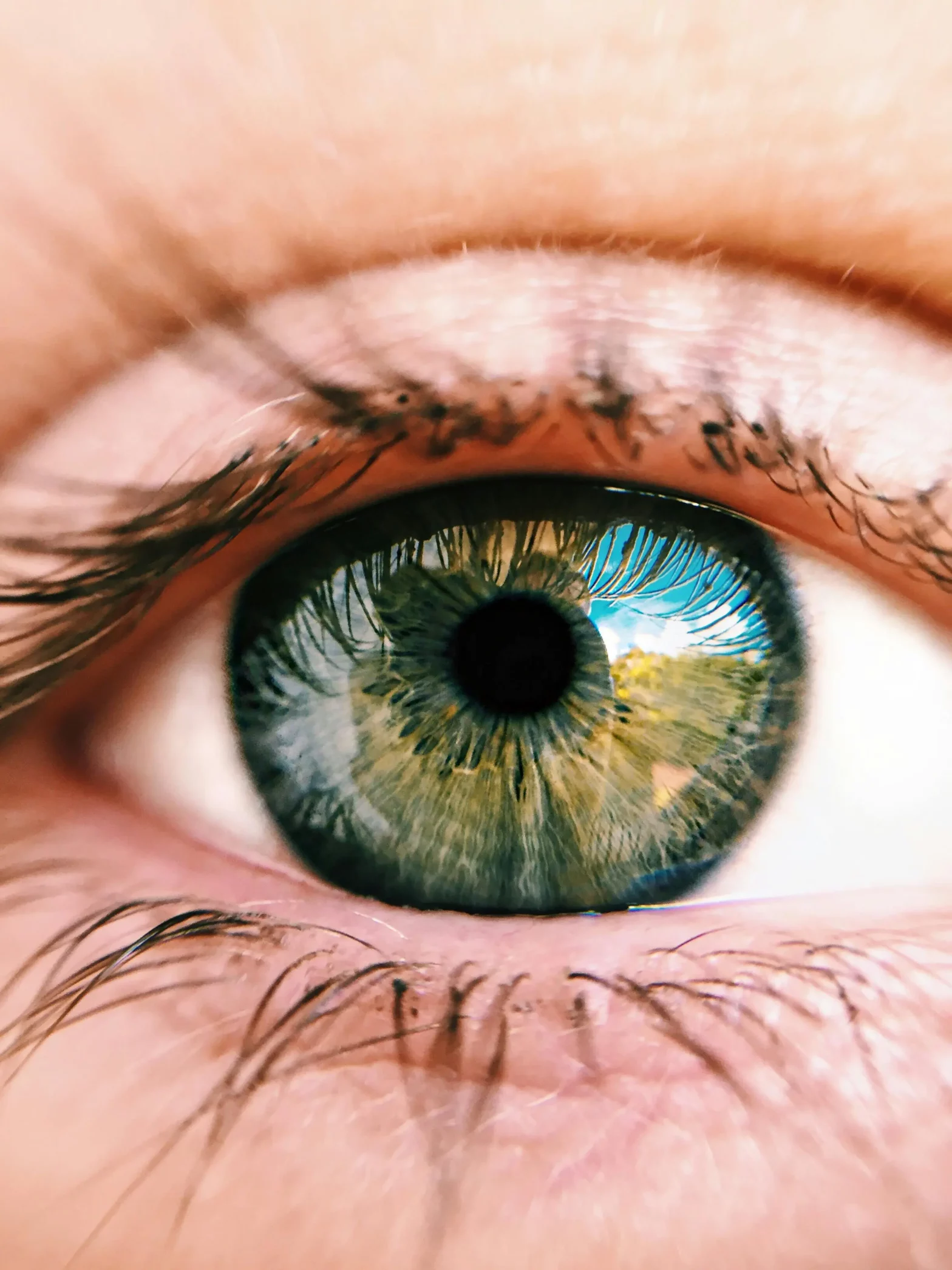The lens of our eyes is normally clear and allows light to pass to the back of the eye so we can see. Cataracts cause a gradual yellowing and clouding of the lens of our eyes, vision gets hazy, and it may seem like we are looking through a “smudged” window. Cataracts can occur in one or both eyes and are not painful. You may not even realize your vision is not as good as it was in the past, or just attribute it to “getting older.” Cataracts can occur at any age but are most commonly found in people ages 55 and older.
Cloudy vision may only affect a small part of the lens in the beginning, but as the cataract continues to grow, vision gets blurrier. Sometimes, the clear lens turns yellow or brownish and changes the colors you see. Some common symptoms of cataracts are:
- It is hard to see at night.
- Sensitivity to light.
- Sometimes, there are “halos” around light sources.
- Double vision.
- Colors do not look as bright as they used to be.
If you start to notice some of these changes, or any other changes to your vision, it is important to make an appointment for an eye exam. Even if you do not have any of these changes, it is important to have an annual dilated eye exam.
When you go for your appointment, your doctor will give you a thorough eye exam and perform several different tests. Based on these results, he will recommend the best course of action. Sometimes a prescription for new eyeglasses may improve vision affected by a cataract in the early stages. But over time, glasses may not be enough to restore good vision and surgery may be needed.
If you are beginning to experience some of these vision problems, try using brighter lights for daily tasks, and anti-glare sunglasses when you are outside. Magnifying lens might help when doing certain tasks like reading or intricate projects. Wearing sunglasses is highly recommended to protect your eyes, whenever it is sunny outside.
Cataracts are not totally preventable but maintaining healthy lifestyle habits can reduce the risk of developing them and other diseases. Vitamins that help keep eyes healthy are Vitamin C, Vitamin E and Zinc. Lutein and Zeaxanthin are two ocular nutrients that are also beneficial to your eyes and can be found in green leafy vegetables. Your eye doctor may also recommend “special” eye vitamins. Avoiding smoking and drinking alcohol can also reduce the risk of developing cataracts. Early detection and treatment of cataracts is critical to preserving your eyesight.
On September 5, 2024 from 1:00pm-2:00pm after the Rambling Rose Meeting, Dr. Wahab from Seen Vision Care will provide a lecture on eye conditions and care at St. Therese of Lisieux Church. Desserts will be served. Please RSVP to the Parish Office Secretary at 586-254-4433 or the Parish Nurse, Marilyn Cito at 586-254-4433 Ext. #320 or via email at Marilync@stol.church.
Adapted from:
www.Webmd.com, Web MD, , Eye Health, Cataracts, Cataract Symptoms
www.Leaderdog.org, Update Leader Dogs for the Blind, Issue 1, 2020, Keeping Your Eyes Healthy, Cataract Awareness Month.


